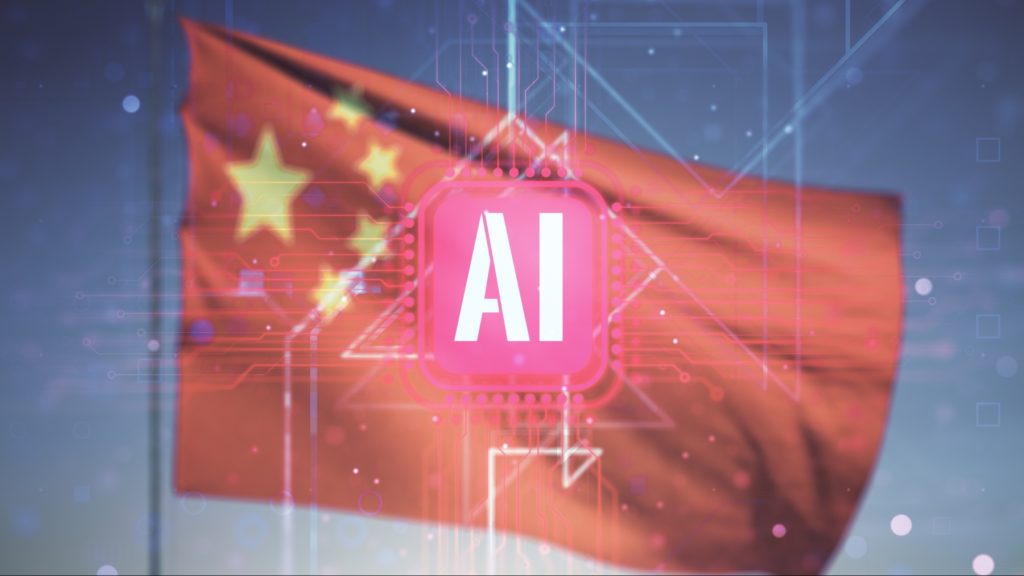
Just when it seemed tensions between the US and China couldn’t escalate any further, Washington took yet another bold move with the US government revealing its plans to impose more regulations to hinder any China AI investment in the sector or other sensitive information.
The US China AI investment restrictions form part of an executive order signed in August 2023 by President Joe Biden, to regulate the outflow of American knowledge to the Chinese expanding military.
The final rules, now under review at the Office of Management and Budget, focus on outbound investments in AI, semiconductors, microelectronics and quantum computing. People familiar with the matter say the rules are likely to be published during the next week and before the upcoming US presidential election on November 5th.
How Much Is China Investing in AI?
The China government investment in AI is not secret, Beijing’s ambition to landscape became more predominant as the government pours billions into the field in recent years.
Any China government AI investment has created an aggressive push to lead in the technology – with some projections suggesting AI investments could reach a staggering $150 billion as early as 2030.
Actually, this funding covers everything from research and development to infrastructure and human resources development in AI technologies.
Chinese tech giants like Alibaba, Tencent, and Baidu have piled in too, driving innovations from health to self-driving cars. The aggressive approach on China AI investment practices underlines the country’s determination to embed AI into its economy and sharpen its competitive advantages internationally.
US China AI Investment Restrictions
“It looks to me like they’re trying to publish this before the election,” said Laura Black, a former Treasury official and a lawyer at Akin Gump in Washington. She said that usually, the Treasury Department provides a window of 30 days before new regulations take effect.
Under the proposed China investment in AI regulations, US investors would have to inform such investments to the Treasury Department. The draft regulations, issued in June, included a series of exceptions and put the responsibility on US individuals and companies to determine what types of deals would be banned.
Specifically, the proposed China AI investment regulations would prohibit covered transactions of AI in certain military applications, as well as those using a defined threshold of computing power.
Investors also would be obliged to file notices with the Treasury relating to the development of AI systems or semiconductors that are not otherwise prohibited under preexisting restrictions. Therefore, the new US China AI investment restrictions showcase the fact that US is prioritizing its national security concerns and safeguarding United States technology.
Final Thoughts
The rising technological tensions between the US and China reveal deep-seated fears over national security and economic competition, especially in the booming AI industry.
The Chinese AI investments are set to do far more than advancing its military capability but also optimize surveillance and control technologies challenging democratic values. While China continues to invest heavily in AI, the US government is increasingly concerned that such knowledge and technology transfer may empower many applications directly threatening American interests and global stability. This approach sets a high degree of US regulatory policy strictness regarding AI investments, part of a wider approach in which the US works to maintain its leadership in AI innovation and protect its technological edge.
Inside Telecom provides you with an extensive list of content covering all aspects of the tech industry. Keep an eye on our Tech sections to stay informed and up-to-date with our daily articles.